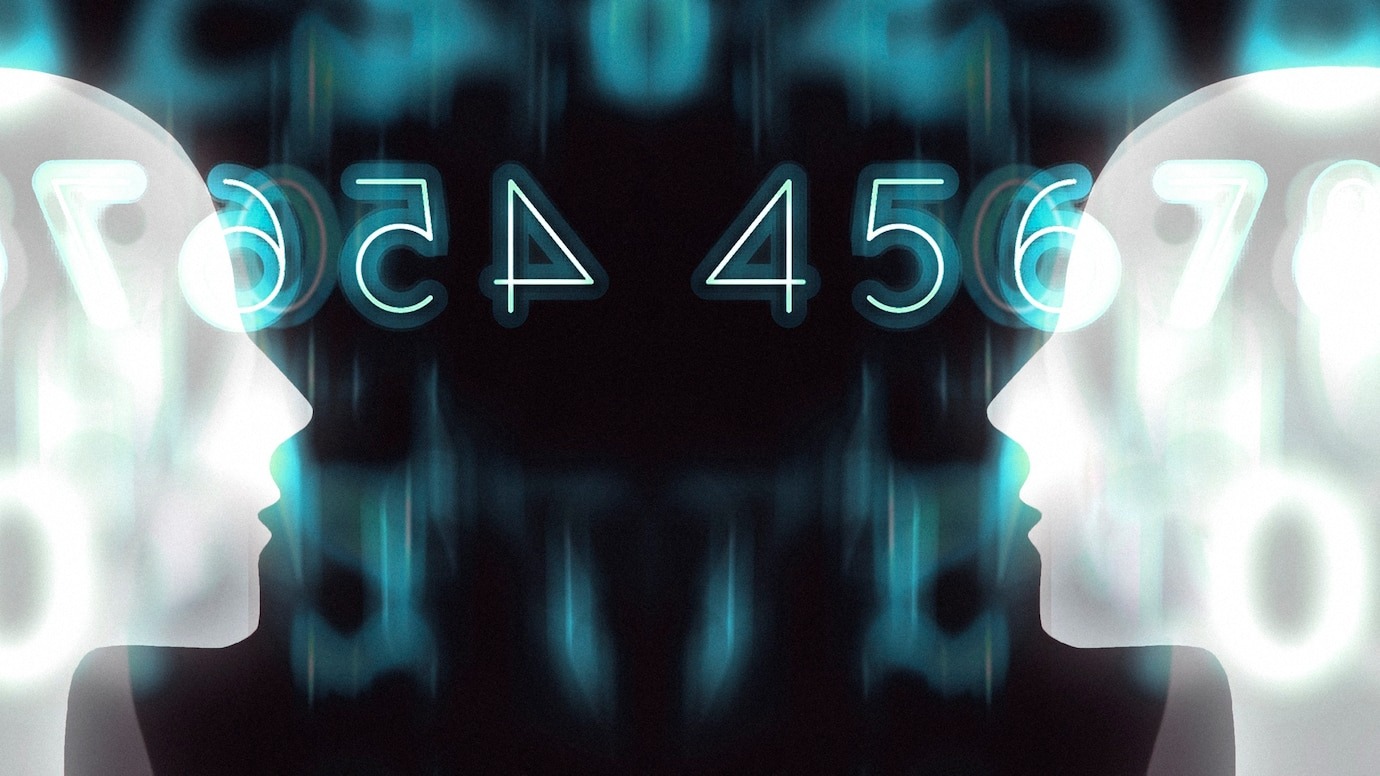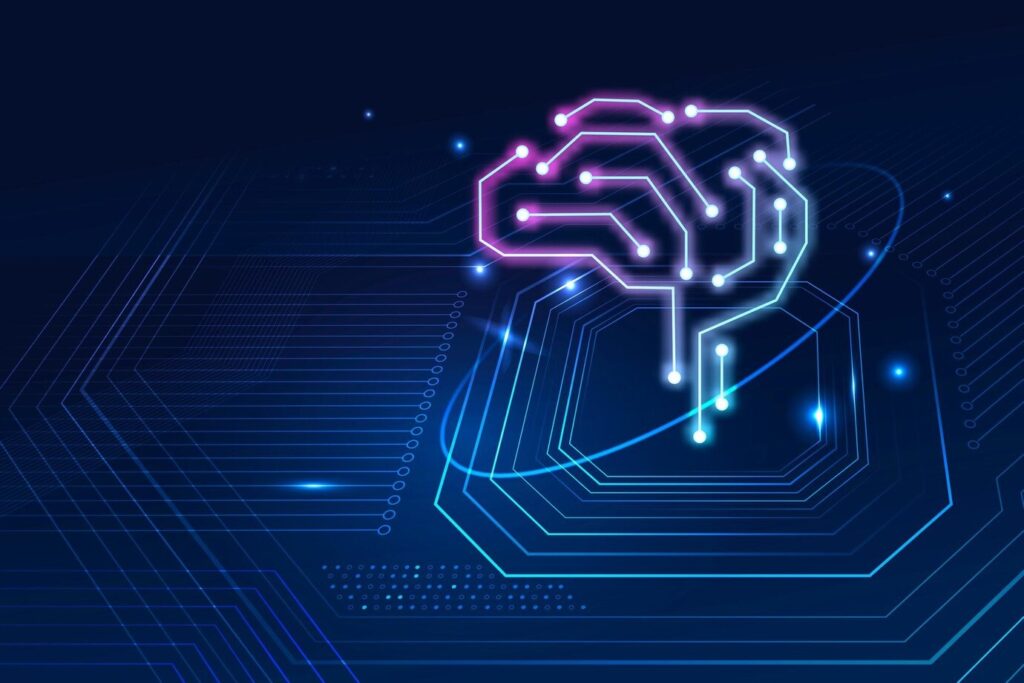
Online slot machines represent a significant segment of the digital gambling industry, attracting millions of players worldwide with the allure of quick, potentially large payouts. The core mechanism behind these games is the Random Number Generator (RNG), which ensures that each spin’s outcome is completely independent and unpredictable. This article explores the relationship between artificial intelligence (AI) and RNG, specifically examining whether AI can predict the outcomes of RNG in online slots.
Table of Contents
The Basics of RNG
To understand the feasibility of predicting slot machine outcomes, it’s essential to first grasp what RNG is and how it functions. RNGs are algorithms used in computing to generate a sequence of numbers or symbols that cannot be reasonably predicted better than by random chance. In online slots, including those on platforms like Situs Slot Gacor, RNGs ensure that each spin’s outcome is entirely independent from the previous spins, making the game fair and unpredictable.
The RNG software generates thousands of numbers per second, each associated with a different combination of symbols on the reels. When a player presses the spin button, the software records the next number available, determining the spin’s outcome at that precise moment. This process underscores the randomness and fairness of online slot games, as operators and players alike cannot manipulate or predict the results.
The Role of AI in Gambling

Source: freepik.com
Artificial intelligence encompasses various technologies capable of performing tasks that typically require human intelligence. These include learning, reasoning, problem-solving, perception, and language understanding. In the context of online gambling, AI can enhance user experience, help manage risk, and detect fraudulent activities. However, its role in predicting RNG outcomes is more complex and less straightforward.
AI systems, particularly those using machine learning and deep learning, excel in pattern recognition and making predictions based on large datasets. They analyze historical data and identify patterns or trends to make informed predictions about future events. However, the fundamental nature of RNG-generated outcomes in slots, which are designed to be random and without patterns, presents a unique challenge.
Can AI Predict RNG Outcomes?
The premise that AI can predict the outcome of a game governed by RNG is inherently flawed due to the nature of RNG itself. Since RNG outcomes are designed to be random, they do not follow predictable patterns that AI algorithms can learn and anticipate. AI excels in environments where patterns, even complex ones, exist and historical data can provide insights into future outcomes. This is not the case with RNGs used in online slots.
Moreover, regulatory standards in the gambling industry require that RNGs undergo rigorous testing and certification to ensure their randomness and fairness. These standards are in place to protect players and maintain the integrity of the gambling industry. As such, any attempt to predict or manipulate RNG outcomes using AI would not only be technically infeasible but also illegal and unethical.
Ethical and Legal Considerations

Source: freepik.com
The idea of using AI to predict or manipulate RNG outcomes in online slots raises significant ethical and legal concerns. Gambling regulations strictly prohibit the use of software or devices that interfere with game fairness. Using AI in this manner would constitute cheating and could lead to severe legal consequences, including criminal charges, fines, and bans from casinos.
From an ethical standpoint, the integrity of gambling relies on the premise that players have a fair chance of winning based on chance, not on an ability to predict or manipulate outcomes. Undermining this principle would erode trust in the gambling industry and could harm millions of players who engage in these games under the assumption of fairness and randomness.
Technological Barriers
Aside from the legal and ethical implications, substantial technological barriers prevent AI from predicting RNG outcomes in online slots. RNG algorithms are specifically designed to be non-deterministic and non-reproducible without access to the initial seed and algorithm, which are kept secure by gaming operators.
Even if an AI had access to historical outcome data of an RNG, this would not help in predicting future outcomes because each outcome is independent of the last. This independence is a fundamental property of RNG that ensures each spin’s result is always random, regardless of previous results.
In Summary

Source: freepik.com
In conclusion, while AI has significantly impacted many areas of technology and industry, including online gambling, it cannot predict RNG outcomes in online slots. The randomness inherent in RNG algorithms and the stringent regulatory standards governing their operation ensure that these gambling mechanisms remain fair and unpredictable.
Players should understand that strategies claiming to predict or manipulate slot machine outcomes using AI are not only unfeasible but also potentially illegal. The appeal of slot machines lies in their randomness and the excitement of chance, elements that should remain untouched by predictive technologies.







